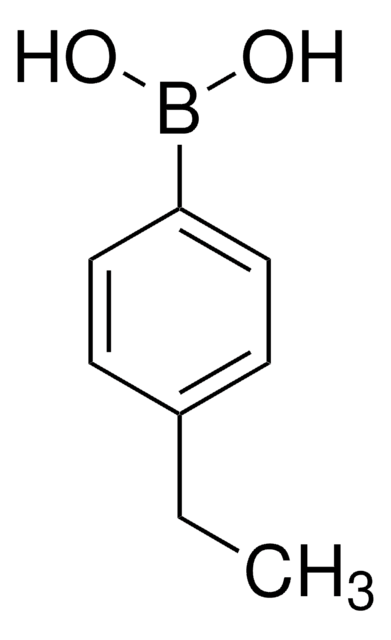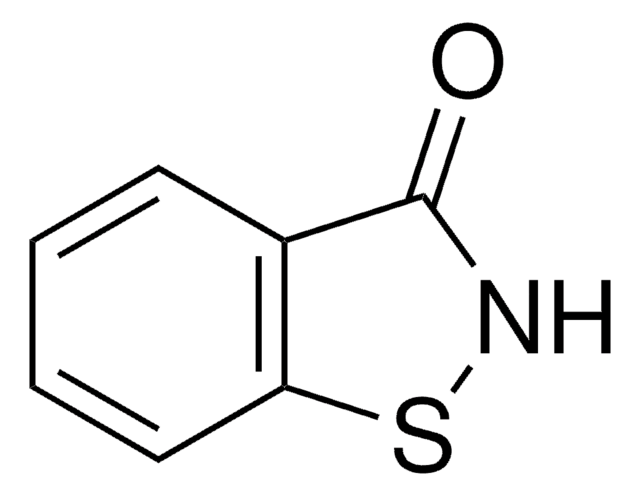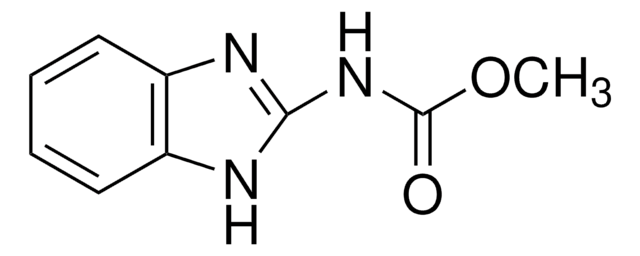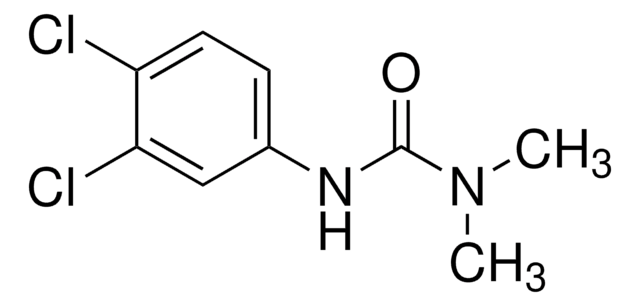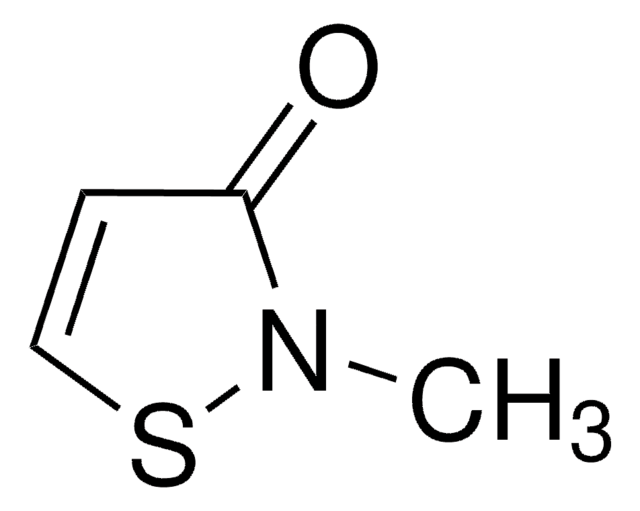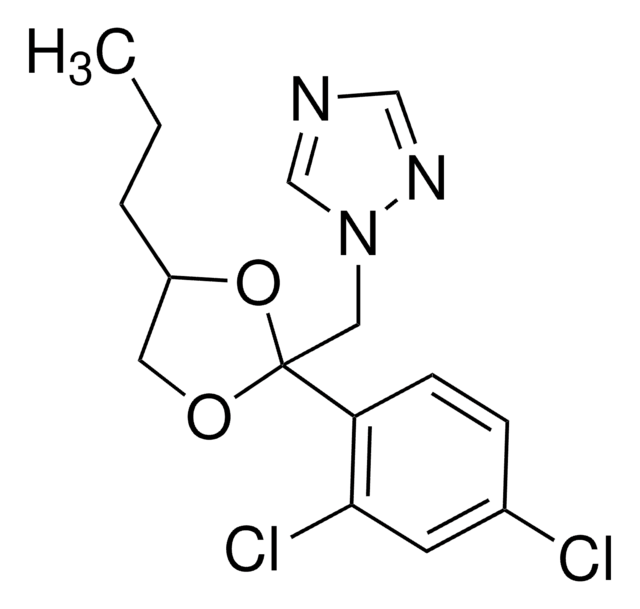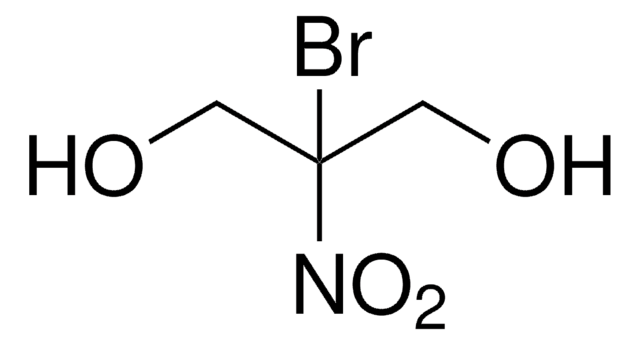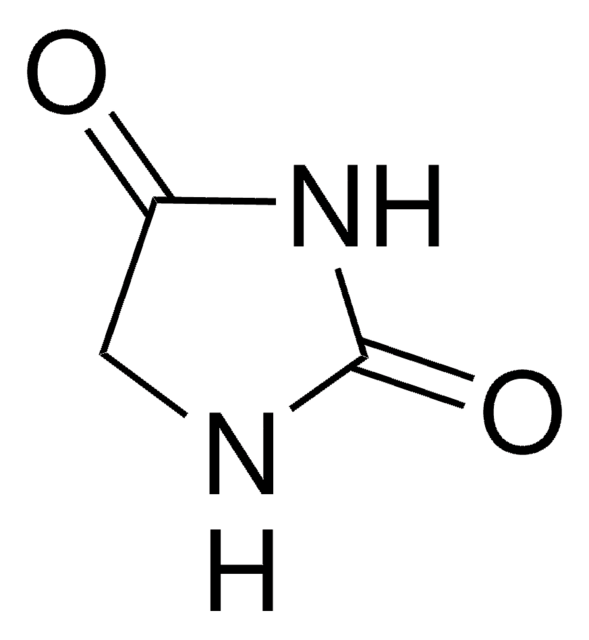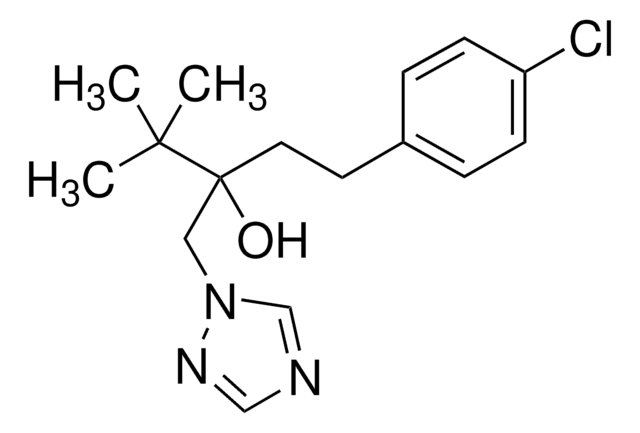521949
3-Iodo-2-propynyl N-butylcarbamate
97%
Sinónimos:
1-Iodoprop-1-yn-3-yl N-n-butylcarbamate, 3-Iodoprop-2-yn-1-yl N-butylcarbamate, 3-Iodoprop-2-yn-1-yl butylcarbamate, 3-Iodopropargyl n-butylcarbamate
About This Item
Productos recomendados
Nivel de calidad
Análisis
97%
mp
64-68 °C (lit.)
cadena SMILES
CCCCNC(=O)OCC#CI
InChI
1S/C8H12INO2/c1-2-3-6-10-8(11)12-7-4-5-9/h2-3,6-7H2,1H3,(H,10,11)
Clave InChI
WYVVKGNFXHOCQV-UHFFFAOYSA-N
¿Está buscando productos similares? Visita Guía de comparación de productos
Descripción general
Palabra de señalización
Danger
Frases de peligro
Consejos de prudencia
Clasificaciones de peligro
Acute Tox. 3 Inhalation - Acute Tox. 4 Oral - Aquatic Acute 1 - Aquatic Chronic 1 - Eye Dam. 1 - Skin Sens. 1 - STOT RE 1
Código de clase de almacenamiento
6.1C - Combustible acute toxic Cat.3 / toxic compounds or compounds which causing chronic effects
Clase de riesgo para el agua (WGK)
WGK 3
Punto de inflamabilidad (°F)
Not applicable
Punto de inflamabilidad (°C)
Not applicable
Equipo de protección personal
Eyeshields, Gloves, type N95 (US)
Elija entre una de las versiones más recientes:
¿Ya tiene este producto?
Encuentre la documentación para los productos que ha comprado recientemente en la Biblioteca de documentos.
Los clientes también vieron
Nuestro equipo de científicos tiene experiencia en todas las áreas de investigación: Ciencias de la vida, Ciencia de los materiales, Síntesis química, Cromatografía, Analítica y muchas otras.
Póngase en contacto con el Servicio técnico